Speakers NEWAVE e-Lecture Series: Water Governance Theoretical Perspectives
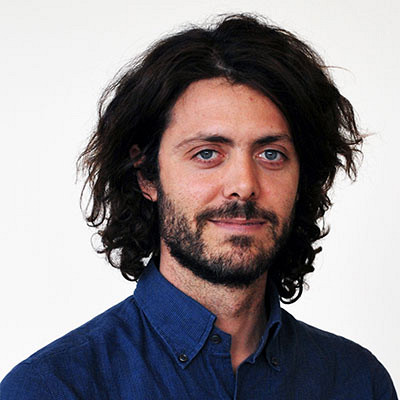
Jampel Dell’Angelo is Assistant Professor of Water Governance in the Department of Environmental Policy Analysis at the Institute for Environmental Studies (IVM), Vrije Universiteit Amsterdam, The Netherlands. He is an environmental social scientist interested in the political economy of natural resources, in particular water.
His research is on the multilevel dimensions of cooperation and conflict over freshwater resources. The focus of his research spans from socio-environmental dynamics of climate change adaption in community irrigation schemes of rural Kenya to global patterns of virtual water appropriation associated with transnational land investments. He employs mixed methods and builds on theoretical pluralism combining perspectives from the Bloomington School of Political Economy and the Barcelona School of Political Ecology. Believing in the necessity to conduct true interdisciplinary research to tackle complex water governance problems he draws on a socio-environmental synthesis approach.
Dell’Angelo is a Visiting Scholar and Member of the Ecohydrology Lab in the Department of Environmental Science, Policy and Management at University of California, Berkeley and an Environmental Governance Affiliate Scholar at the National Socio-Environmental Synthesis Center (SESYNC), Maryland.
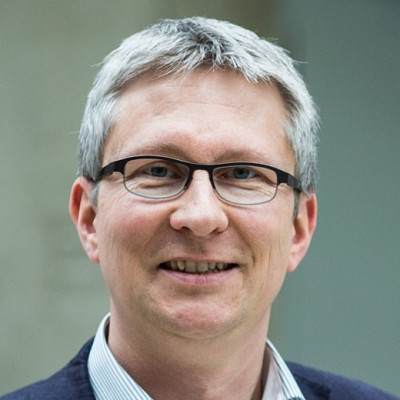
Dr Jens Newig is full Professor of Governance and Sustainability at Leuphana University Lüneburg, Germany. He is member of the Faculty of Sustainability and of the Centre for the Study of Democracy and director of Leuphana’s Institute for Sustainability Governance (INSUGO). A geo-ecologist by training with a doctoral degree in Law and an Habilitation in political science and systems science, Jens is now engaging in inter- and transdisdisciplinary governance research. Building on research projects funded inter alia by the European Research Council or the German Research Foundation, Jens and his team have published widely on issues of water governance, participatory, collaborative and globalized environmental and sustainability governance, aspiring produce but also to cumulate evidence in the field.
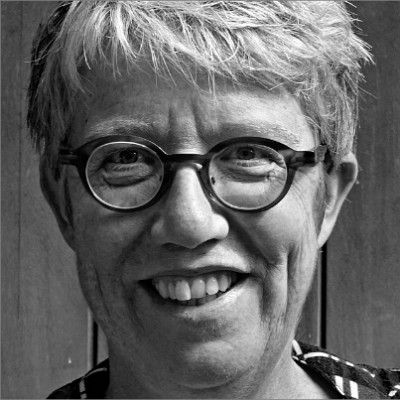
Margreet Zwarteveen is Professor of Water Governance at IHE-Delft and the University of Amsterdam. Trained as both an irrigation engineer and a social scientist, Margreet is interested in water allocation policies, technologies and practices, and the knowledges that justify or inform these. She focuses her research and education on questions of (gender-) equity and justice. Her current research includes a project (financed by the Netherlands Organization for Scientific Research, NWO), that looks at the mobility of Dutch Delta experts and expertise to examine the production of evidence under conditions of uncertainty. She is also the coordinator of a large international research network (funded by the Belmont-Norface Programme on Transformations to Sustainability) to study and learn from bottom-up initiatives to protect or share groundwater. In her work, Margreet favors an interdisciplinary approach, seeing water flows and distributions as the outcome of interactions between natures, technologies and people.
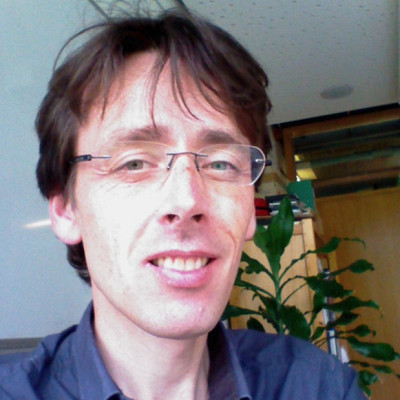
Jeroen Vos is Associate Professor in the department of Water Resources Management at Wageningen University, The Netherlands. As a water policy advisor he worked for a decade in Peru and Bolivia with different international development organizations. He was editor of two Spanish language books on water governance in Latin America and co-edited the Water Justice book published by Cambridge University Press in 2018. His current research interests are the dynamics and discourses of water use by agribusinesses in Latin America. He has published on the effects of virtual water trade and private water stewardship certification.
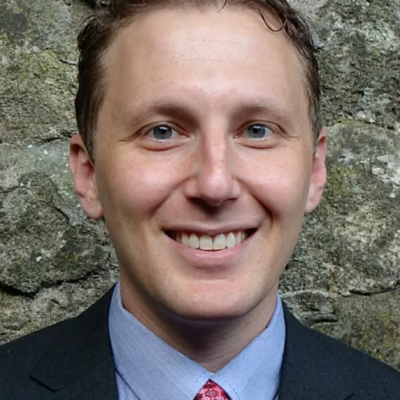
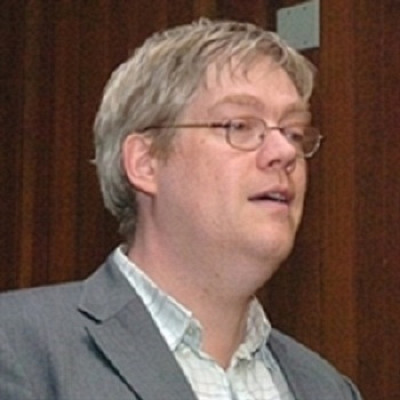
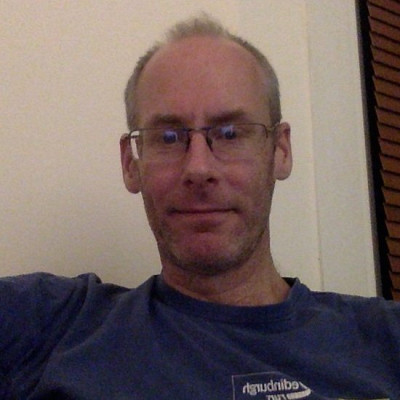
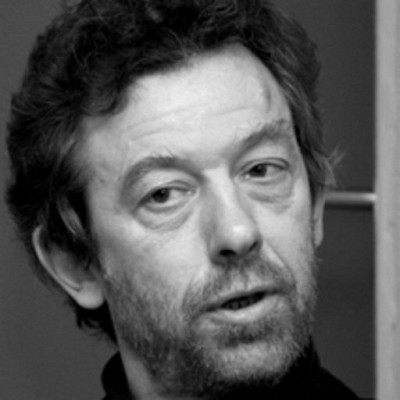
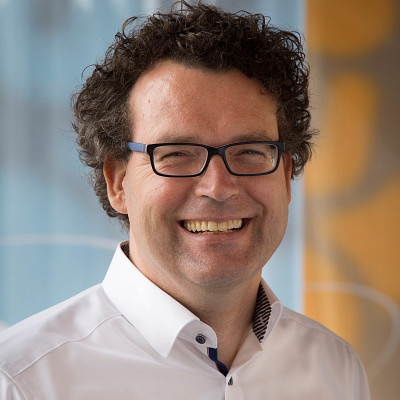
Dr. Dave Huitema is Professor of Environmental Policy at the Netherlands Open University and the Institute for Environmental Studies (IVM) at the Vrije Universiteit Amsterdam.
Huitema and his group of colleagues focus on the adaptability of policy systems. For policy systems to be adaptable, learning needs to take place and agency needs to be developed to translate learning in policy change. This is why the team is analyzing for example the role of experiments, evaluation, and entrepreneurs in learning and policy innovation.
Currently Huitema fullfils several academic roles. He is deputy chair of the Department of Environmental Policy Analysis (EPA) at the IVM, vice-chair of the Department of Science of the Faculty of Management, Science and Technology at the Netherlands Open University (OU), member of the Research Committee of the latter Faculty, and he is one of the coordinators of the OU research program on Safety and the City. Huitema is member of the Governing Board of the Dutch National Research School for the Environmental Sciences (SENSE, representing the NL Open University), and he is a member of the editorial board of various academic journals (including "Ecology and Society" and “Global Environmental Change”).
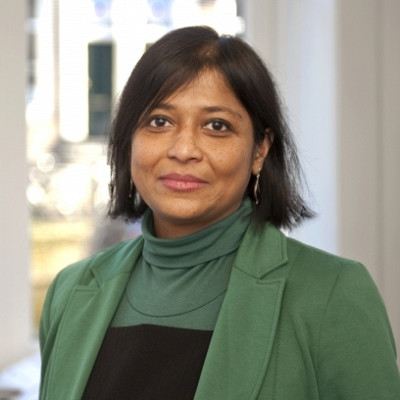
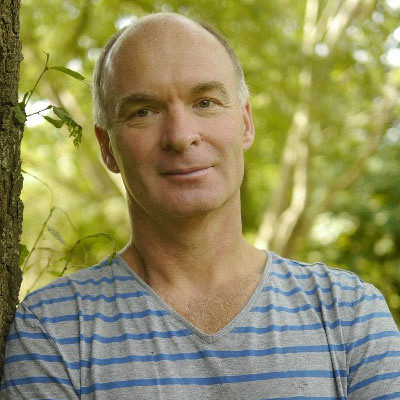
Rutgerd Boelens is Professor of ‘Water Governance and Social Justice’ at Wageningen University, The Netherlands, and Professor ‘Political Ecology of Water in Latin America’ with CEDLA, University of Amsterdam. He also is Visiting Professor at the Catholic University of Peru and the Central University of Ecuador. He held the 2013-2014 Chair ‘Territorial Studies’ with the Mexican Science Foundation and COLSAN. He coordinated the international Water Law and Indigenous Rights alliance WALIR, and several large water governance and environmental justice research programs. Currently he directs the international Justicia Hídrica/Water Justice alliance (www.justiciahidrica.org). His research focuses on political ecology, water rights, legal pluralism, water cultures and cultural politics, governmentality, hydrosocial territories, and social mobilization, mainly in Latin America and Spain.
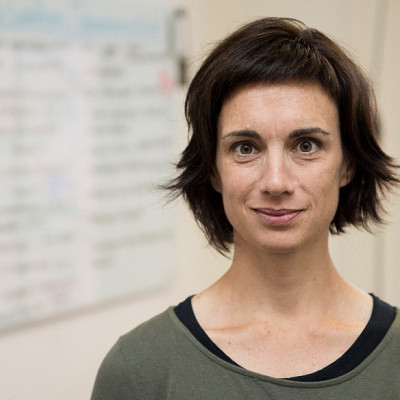
Dr. Kooy is an Associate Professor in the Department of Water Governance at IHE-Delft Institute for Water Education and a guest researcher in the Department of Human Geography, Planning and International Development at the University of Amsterdam. Dr. Kooy’s research and education is concerned with understanding and transforming the politics of urban environments. Trained as a Human Geographer, Dr. Kooy takes water, and water infrastructure, as entry points to understand the processes through which unequal environments in and outside of cities are made, and can be transformed for more socially just and ecologically sustainable outcomes. Dr. Kooy has 20+ years’ experience in environment and development research and practice, both in and outside of academia.
https://www.un-ihe.org/michelle-kooy
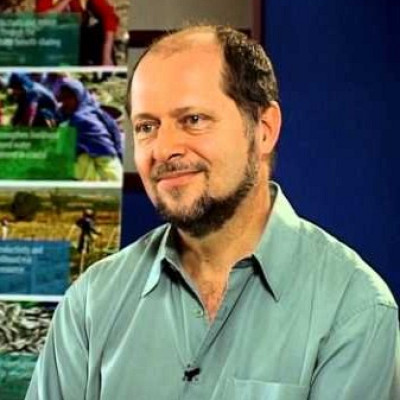
François Molle has 34 years experience in research for development in the fields of irrigation systems and irrigated farming systems analysis, water resources development and management, and water governance and policy. His initial expertise shifted from small dam systems (Northeast of Brazil), to large scale irrigation management (Mali, then Thaialnd, Sri Lanka, Egypt), to the analysis of regional development (Southeast Asian and Nile Deltas), river basin governance and water policy (Southeast Asia, Jordan, Iran, Sri Lanka, Syria, Egypt), and groundwater governance (Middle-east and Northern Africa). François Molle is mostly interested in multi-disciplinary and systemic approach of irrigation systems, aquifers and river basins, governance and policy analysis, and in the interaction between societies, technology and the environment.
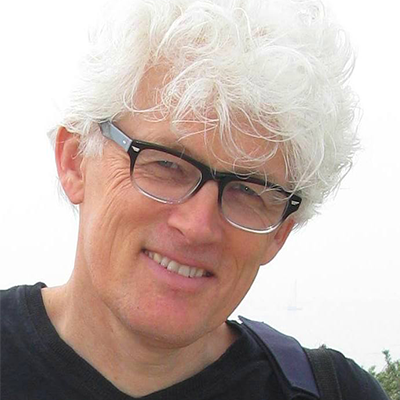
Peter Mollinga is Professor of Development Studies, at the Department of Development Studies at SOAS University of London. His research interests are: 1) water and development; 2) the dynamics of agriculture and environmental resources management; 3) interdisciplinarity in efforts at ‘integrated’ natural resources management and governance. His geographical focus is Asia, particularly South Asia and Central Asia. He was trained as an irrigation engineer at Wageningen University, the Netherlands; his Masters dissertation was on small scale irrigation management in the Senegal river valley; his PhD is on irrigation water management in South India. He completed his Habilitation in Development Sociology at the University of Bonn, Germany. Since 2010 he is Professor of Development Studies at SOAS University of London, UK, where he also initiated the Centre for Water and Development.
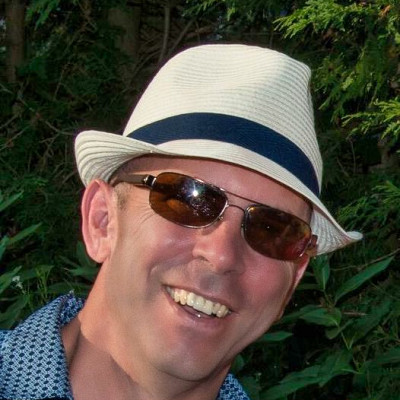

Maria Cristina Rulli is Professor of Hydrology at the Politecnico di Milano, Italy. Her research focuses on the mutual interaction between hydrological processes and humanity. She has investigated the effects of anthropogenic and natural disturbances such as land use change, climate change, forest fires, and new infrastructures on both the hydrological response and sediment yield of a variety of watersheds at different spatial and temporal scales. Recently, she has been investigating the impact of climate change, urbanization, deforestation, land degradation, population growth, changes in food consumption, changes in energy policies on the management of water and other natural resources. Her work has analyzed the effect of environmental externalities, interdependencies and teleconnections on natural resource availability. In particular, she has focused on the emergent phenomenon of Large Scale Land Acquisition (LSLA) and its implication for water, energy and food security. Her work has helped to define and quantify the global phenomenon of “water grabbing” and explored its impacts on water governance, rural livelihoods, and the emergence of water conflicts. She is currently investigating global water and food security and environmental sustainability issues using the Food-Energy-Water Nexus perspective. She is studying the nexus existing between hydrological risk and food security. Specifically, she is analyzing the direct effects of hydrologic extremes (e.g., floods, droughts, landslides, hurricanes, typhoons) on food production and availability and the cascades effects on conflicts and human migrations occurrence. Her most recent research concentrates on the nexus between nutritional security and environmental resources especially water. In particular, focusing on food related diseases she is investigating if the available natural resources are able to meet sustainable diets helping to contrast food based diseases.

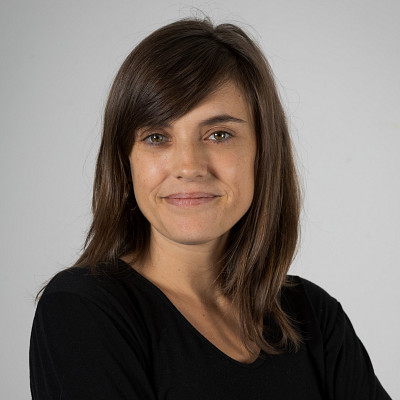
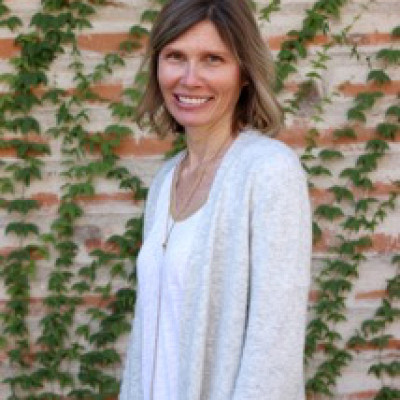
Andrea K. Gerlak is Professor at the School of Geography, Development & Environment (SGDE) and Research Professor at Udall Center for Studies in Public Policy, at the University of Arizona.
Her research focuses on institutions for governing water resources. She examines cooperation and conflict around water, including questions of institutional change and adaptation to climate change in rivers basins, and human rights and equity issues in water governance.
Gerlak is a senior research fellow with the Earth System Governance Project, an international social science research alliance exploring political solutions and novel, effective governance mechanisms to address global environmental challenges. She recently served as a Lead Author on the Earth Systems Governance Science and Implementation Plan, which sets out the agenda for the next decade of earth system governance research.
She serves as a co-editor for the Journal of Environmental Policy and Planning, an international journal published by Taylor and Francis providing a forum for the critical analysis of environmental policy and planning. She also is a member of the editorial board for Anthropocene, a journal addressing the nature, scale, and extent of the influence that people have on Earth.

Maria Kaika holds a PhD from Oxford University, and an MA in Architecture and Planning from the National Technical University of Athens. She is Fellow of the Netherlands Institute for Advanced Study in the Humanities and Social Sciences (2019/20), and Chair in Urban Regional and Environmental Planning, at the University of Amsterdam. She has taught at the Universities of Oxford (tenured), Manchester (tenured) Paris Est (LATTS), KULeuven, University of London and TU Vienna. Her international academic roles include: panel member of the European Research Council (ERC SH2), high level foreign expert of the Belgian Science Policy Office in Humanities, Chief co-Editor of the International Journal of Urban and Regional Research. (2010-2017), elected Professor of the City of Vienna (2013). Her research focuses on three interrelated themes: urban political ecology, cities crisis and land financialization, and urban radical imaginaries. She has been awarded funding from national and international research councils including the British Academy, EU Frameworks, and Marie Curie ITN. Maria Kaika is author of many academic articles and books including: City of Flows: Modernity, Nature and the City (2005; Routledge, New York) In the Nature of Cities: urban political ecology and the metabolism of urban environments (2006; Routledge, London with N Heynen and E Swyngedouw) The political ecology of Austerity (2020 Routledge London, with R Calvario and G Velegrakis).
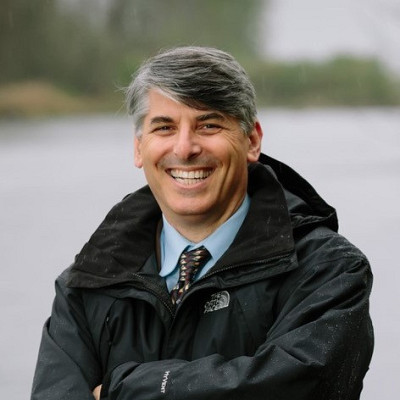
Aaron T. Wolf, PhD is a professor of geography in the College of Earth, Ocean, and Atmospheric Sciences at Oregon State University, USA, whose research and teaching focus is on the interaction between water science and water policy, particularly as related to conflict prevention and transformation. A trained mediator/ facilitator, he directs the Program in Water Conflict Management and Transformation, through which he has offered workshops, facilitations, and mediation in basins throughout the world. He is the author, most recently, of The Spirit of Dialogue: Lessons from Faith Traditions in Transforming Conflict.



